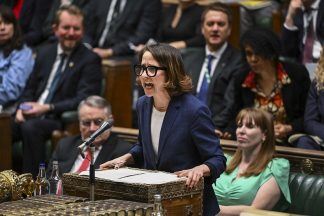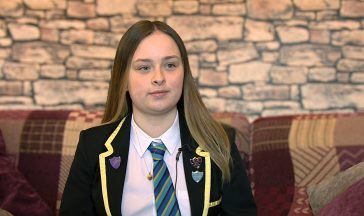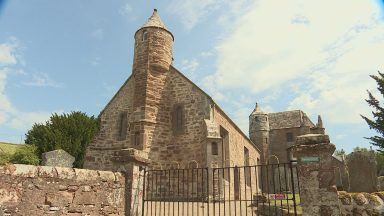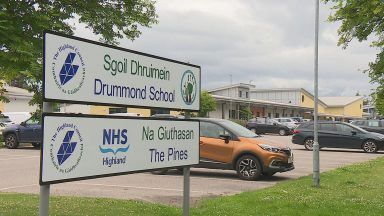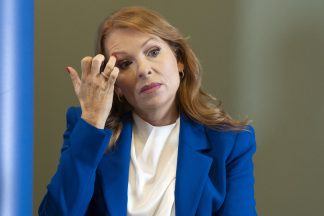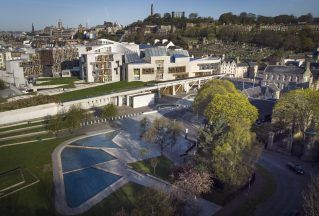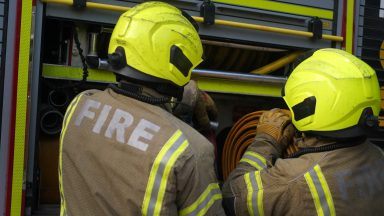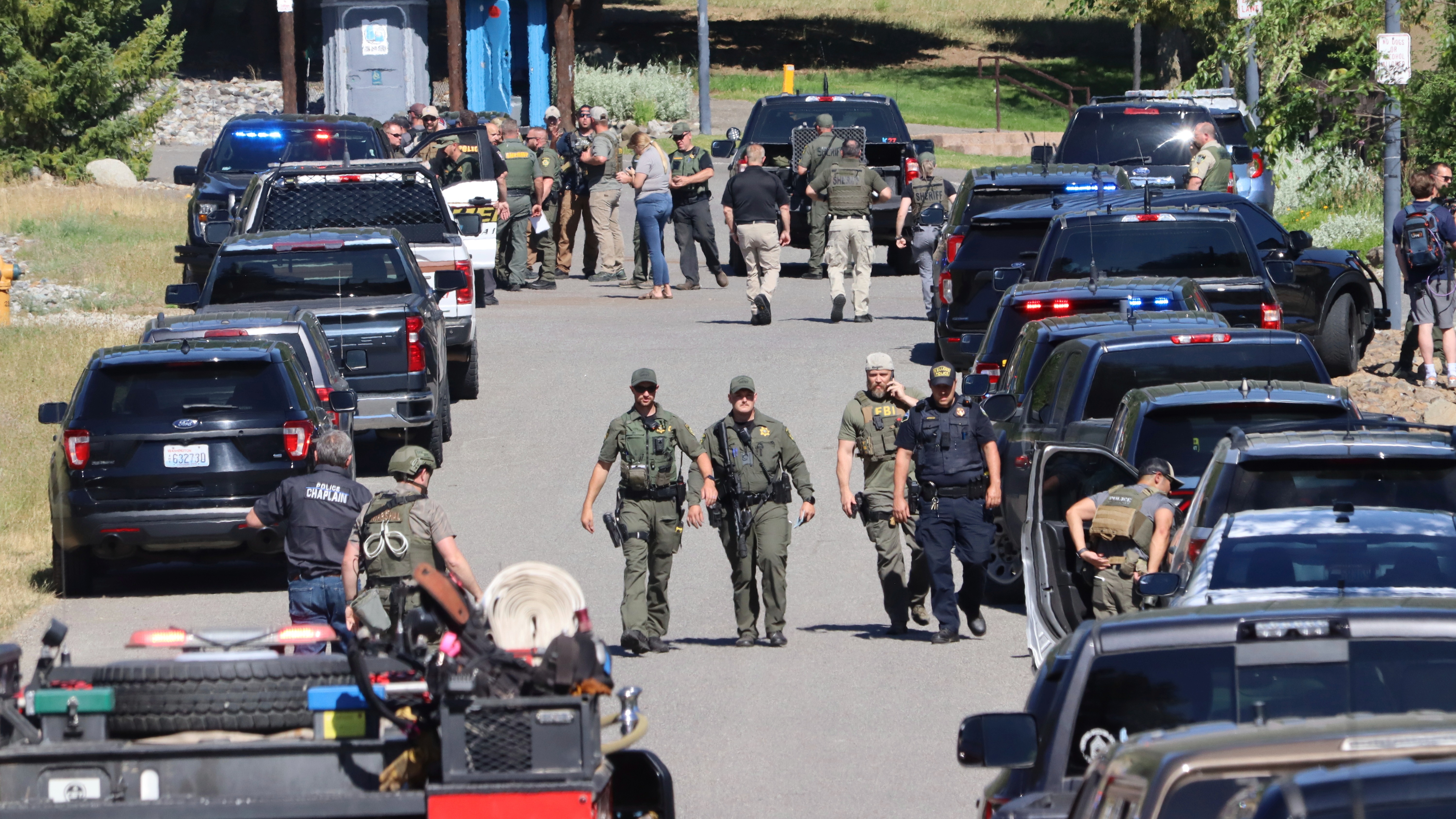A raft of new measures and billions of pounds of environmentally friendly investments have been revealed in the draft Scottish Budget.
Unveiling the government’s spending plans, public finance minister Kate Forbes said a planned transition to net-zero emissions – targeted for 2045 – was a “national endeavour” with “changes needed across the whole of society”.
She announced £1.8bn in new capital investment for “specific projects to reduce emissions” as well as hundreds of millions of pounds of fresh funding for public transport, home insulation, agriculture and forestry.
Forbes was forced to step in at short notice to deliver the 2020-21 budget – the first woman ever to do so – after finance secretary Derek Mackay quit the government and was suspended from the SNP over messages he sent to a 16-year-old boy.
The junior minister did not address Mackay’s absence as she began her first budget speech, promising “significant investment in our response to the global climate emergency, to strengthen our economy and improve our public services”.
As well as the £1.8bn in capital investment to reduce emissions – up £500m – Forbes unveiled £286m of fresh funding for rail and bus services, increasing their total budget to £1.55bn this year.
She announced £83m would be invested in the “future transport fund” as well as pledging £5.5m investment in active travel – like cycling and walking – increasing its budget to £85m.
Forbes further revealed £120m would be spent on a “heat transition deal” for decarbonising homes and buildings through more energy-efficient insulation, and announced £220mn of seed funding for the new Scottish National Investment Bank which aims to drive the transition to net-zero.
There will also be an initial £40m investment to transform farming in Scotland to reduce the sector’s carbon footprint, £64m more for forestry to help achieve the target of planting 15,000 hectares’ worth of trees a year, and £20m extra investment this year in peatland restoration – rising to £250m over the next decade.
In addition, Forbes told MSPs the government planned to “ring-fence” £2bn of infrastructure spending for the next parliamentary term – starting after next year’s Holyrood election – to deliver on the government’s climate change plan
The NHS will also see a spending boost this year, with a £15bn package including £9.4bn for health and social care and £117m in mental health investment.
Forbes said the roughly £34bn Scottish budget would also mean a real-terms increase in the funding pot for local government, as well as an extra £120m for closing the attainment gap in schools and a 60% increase in funding to reduce harm from alcohol and drugs.
There will be a further £645m invested in early learning and childcare and a £3bn boost in Holyrood’s social security expenditure as it rolls out a raft of new benefits, including a new Scottish child payment which Forbes said could lift 30,000 children out of poverty.
The public finance minister said: “At a time when Westminster is far from representing Scotland’s interests, it’s time for Holyrood to demonstrate clearly and with purpose that we are willing and able to act in the national interest.
“In order to achieve that, the government will be willing to compromise but we want to be clear on the parameters of that compromise.
“This is a budget that fully allocates the resources at our disposal and addresses the priorities of the nation.
“It reflects our ambition for our country: our determination to eliminate child poverty, to accelerate the transition to a net-zero economy and to improve the collective wellbeing of our society through first-class public services and a social security system built with human dignity at its core.”
As a minority government, the SNP administration at Holyrood requires the support of other parties to pass its legislation, including the annual Budget.
The budget announcement was due to take place in December, but a delay to the UK Government’s spending pledges led to a postponement.
This was the result of last year’s general election, with UK Chancellor Sajid Javid’s first post-Brexit Budget now to be revealed on March 11.
But the Scottish Government has taken the unprecedented step of announcing the Scottish draft Budget in advance of the UK’s, to give parliament enough time to scrutinise it and councils enough time to set their own budgets and council tax rates before the legal deadline – also on March 11.
Forbes said the circumstances were not ideal, adding that the Scottish Budget could be altered depending on UK spending plans.
She stated that the Scottish economy continues to “face an uncertain future due to Brexit” and pressed the importance to the Budget of the UK striking a “sensible” trade agreement with the EU over the next 11 months.
Forbes added: “We may be forced to reconsider spending plans across all portfolios in order to mitigate, as much as possible, the unnecessary harm that would be caused if no agreement is reached.”
The minister continued: “In a parliament of minorities, good governance demands compromise and pragmatism on all sides.
“This is a budget that speaks to the priorities of the country.
“I’m sure every party can find a reason to agree with it, but those that wish to find partisan reasons to oppose it should understand the devastating consequences of doing so.”
She warned that if a Budget agreement can not be reached, under the terms of the Scotland Act, national expenditure will be capped at the levels of the previous year.
Follow STV News on WhatsApp
Scan the QR code on your mobile device for all the latest news from around the country




